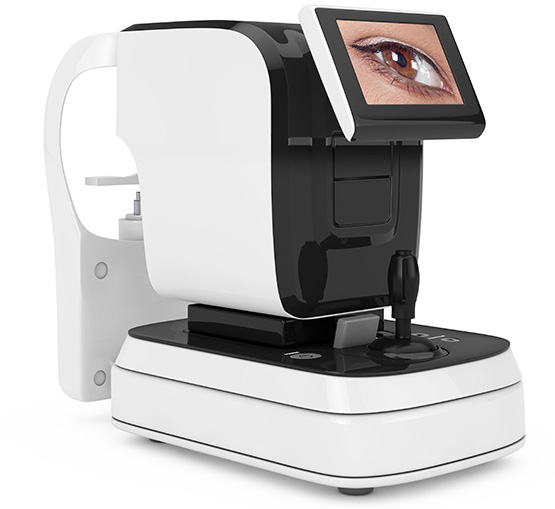

Stages of clinical trials
Moving to subsequent levels of trials is conditioned by achieving positive results of each of ongoing stages. During the whole research cycle, patient welfare and ensuring maximum protection of patient rights is a priority.
Phase I of clinical trials involves safety assessment of the study drug/substance.
A group of several dozen healthy volunteers is enrolled to study metabolism, absorption, excretion, possible toxicity and interactions with other received substances, food and medications. After completion of this stage, it is possible to determine the amount and dosage of the study substance. Trials take place at specialist sites, which frequently belong to pharmaceutical companies or research institutions.
Phase II of clinical trials involves assessment of the study drug efficacy in a predetermined group of patients, and the level of safety for the patients.
The assessment includes a correlation between the dose and potential effect of the study drug, which results in determination of an adequate dose of the substance to be used in subsequent trial phases. During the entire stage two, the study drug is assessed with regard to its safety; a detailed analysis is applied to data on absorption, metabolism and excretion of the drug, depending on sex and age. At this stage, the effect of the new drug is compared either with placebo or with the drug used so far in the treatment of a specific disease entity. Comparisons are made with the use of “blinded” method, which ensures the most objective assessment of the effect. In practice, this means that neither the patient nor the investigator knows if the patient receives the study substance or placebo. The group participating in this stage is randomised and includes several hundred volunteers, including especially those with the diagnosed disease entity for which methods of effective therapy are searched. A positive assessment of Phase II is achieved when the level of benefits versus the risk of using the substance is significantly higher.
Phase III of clinical trials involves final confirmation of the efficacy of a given substance in the treatment of a specific disease entity.
The last but one stage of clinical trials involves determination of a relationship between safety of the drug and its efficacy in short- and long-term use. The studies include a group reaching a few thousand patients, and the duration is between one year and several years. Similarly to phase II, this phase also involves double-blinded methods, and random selection of patients. After positive completion of phase III, the drug may be registered and granted marketing authorisation, and the documentation related to the drug is submitted to an institution registering the medicinal product. A complete set of documents, whose contents is consulted in detail with national drug agencies, may include even several thousand pages and has to include all the data collected in the period of preclinical and clinical studies of phases I to III.
Phase IV refers to drugs already registered and marketed; its purpose is to determine the level of safety for all indications recommended by the manufacturer and for all indicated groups of patients. During the last phase, the results from previous stages are once again verified and new indications for the use of the already registered drug are prepared.
Patient participation in each stage of clinical trials is possible after detailed medical verification, and requires voluntary signing of a so called Informed Consent Form
Who can take part in clinical trials?
The conditions of taking part in a clinical trial are specified in detail by a given study protocol. The patient must meet so called inclusion criteria (e.g. age, sex, stage of the disease entity, or general health state), and at the same time must not meet any of the exclusion criteria. The above combined criteria form a basis for subject verification and their potential participation in the conducted studies.
During the qualification for the trials, the doctor is obliged to answer all patient questions and doubts, and to provide them with the information necessary to take an informed decision about the participation in the research process and signing an Informed Consent Form.
Also, the patient has a right to resign from taking part in the studies, and may withdraw from participation at any time, without giving any reasons. After withdrawing his/her consent, the patient has a right for a follow-up visit and evaluation of their current health state.

Each process takes place in accordance with applicable laws, including especially the provisions of the Pharmaceutical Law Act of 6 September 2001 (consolidated text 2008, Journal of Laws No. 45, item 271, as amended), and the Regulation of the Minister of Health of 2 May 2012 on Good Clinical Practice (Journal of Laws of 2012, item 489).

Information for sponsors
OCHO Medical Group has a qualified Research Team including specialist doctors, nurses and coordinators responsible for legal procedures, logistic activities and training. We are an experienced team, conducting complex procedures of clinical trials in accordance with the principles of ICH GCP. We have the most advanced diagnostic resources and a possibility to conduct trials simultaneously at our ophthalmological centres in Rzeszów, Nałęczów, Lublin, Kraków and Nowy Sącz.
STAGES OF COOPERATION BETWEEN THE SPONSOR AND THE TEAM OF INVESTIGATORS OF OCHO MEDICAL GROUP

